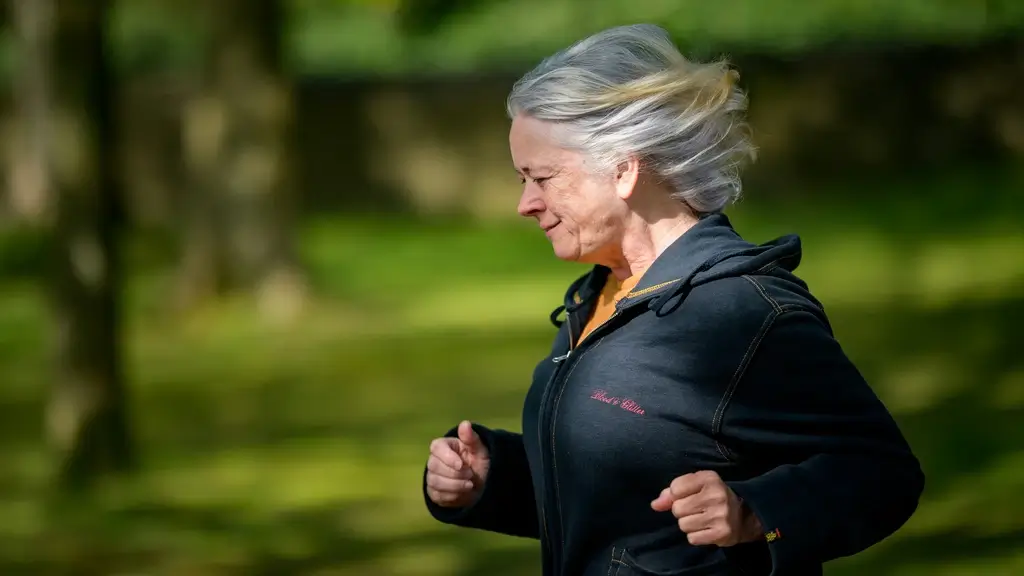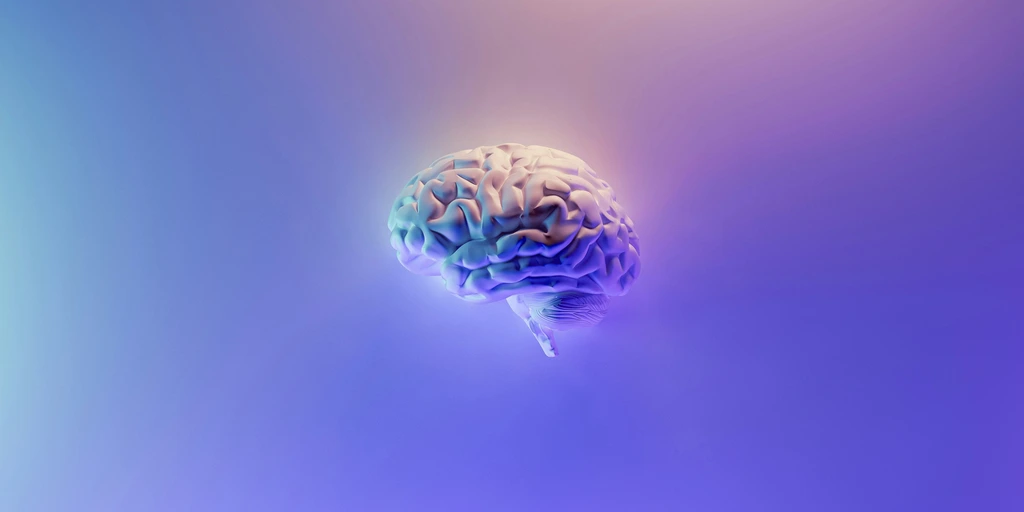Menopause is a natural phase in a woman’s life that typically occurs between the ages of 45 and 55. It marks the end of the reproductive years and can bring about various physical and emotional changes. While it is a normal process, menopause can sometimes bring discomfort and challenges. However, with the right knowledge and strategies, women can navigate menopause with confidence and comfort.
Understanding Menopause:
Menopause is characterized by the cessation of menstrual periods for 12 consecutive months. This happens due to a decline in estrogen and progesterone production by the ovaries. Some women may experience symptoms such as hot flashes, night sweats, mood swings, vaginal dryness, and sleep disturbances.
Managing Symptoms:
There are several ways to manage the symptoms associated with menopause. Lifestyle changes such as regular exercise, a healthy diet, stress reduction, and getting enough sleep can be effective. Additionally, some women find relief through hormone replacement therapy (HRT) or alternative therapies like acupuncture and herbal supplements. It is important to consult with a healthcare provider to determine the best approach for individual needs.
Skin and Hair Care:
Menopause can bring changes to the skin and hair. Estrogen decline can lead to loss of elasticity, dryness, and thinning of the skin. To combat these changes, proper skincare routines with moisturizing products and sunscreen are essential. Hair may become thinner, and it can be helpful to adjust hair care routines and use products specifically designed for menopausal hair.
Emotional Well-being:
Menopause can also have an impact on emotional well-being. Hormonal fluctuations can contribute to mood swings, irritability, and anxiety. It is essential to prioritize self-care and seek support from loved ones or mental health professionals if needed. Engaging in activities that bring joy and practicing relaxation techniques can also help manage emotional changes.
Sexual Health:
Menopause can affect sexual health in various ways. Vaginal dryness and decreased libido are common. Open communication with a partner and exploring different lubricants or moisturizers can help address these issues. It is also important to remember that sexual satisfaction and intimacy can still be achieved during and after menopause.
Healthy Aging:
Menopause is a natural part of the aging process, but it doesn’t mean that life is over. Taking care of overall health becomes even more important during this phase. Regular check-ups, screenings, and preventive measures like bone density tests are crucial. Maintaining a healthy lifestyle, including a balanced diet and regular exercise, can help reduce the risk of chronic diseases and promote vitality.
Navigating menopause with confidence and comfort is possible with the right strategies. Understanding the changes that occur during this phase, managing symptoms, taking care of skin and hair, prioritizing emotional well-being, addressing sexual health, and focusing on healthy aging are key components. By embracing the transition and seeking support, women can enter this new chapter of life with a positive outlook and a sense of empowerment.












Discussion about this post